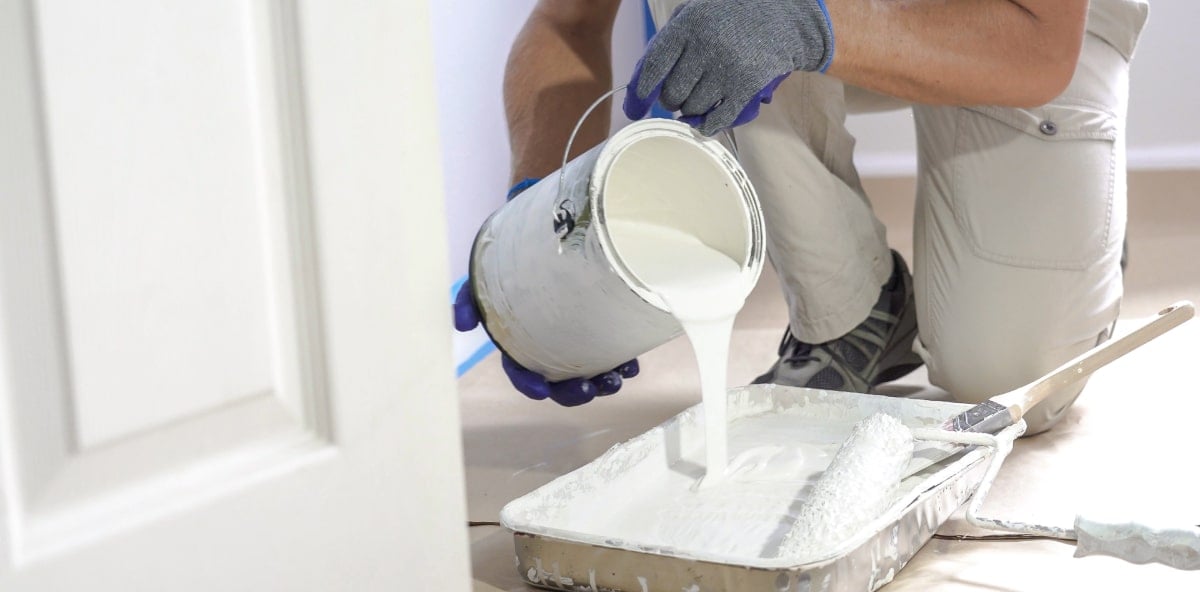

Starting a business



The licensing and insurance requirements for engineers vary by state. Having the right insurance and licensing can help keep you financially protected and may be required for some jobs within the...

The licensing, insurance, and bonding requirements for general contractors vary by state. Having the right insurance and bonding helps keep you financially protected, and it's required for some jobs...



The licensing, insurance, and bonding requirements for plumbers vary by state. Having the right insurance and bonding can help keep you financially protected, and may be required for some jobs within...

While it may seem like all you need is to pick up a brush, painting is a trade that often requires specific licensing, as well as insurance and construction bonds. Find out what’s needed, depending...



The licensing, insurance, and bonding requirements for electricians vary by state. Having the right insurance and bonding can help keep you financially protected and may be required for some jobs...

The licensing, insurance, and bonding requirements for HVAC professionals vary by state. Having the right insurance and bonding can help keep you financially protected and may be required for some...



Whether you’re trying to earn extra spending money, pay off debt, or turn your passion into a profitable business, having a side hustle offers a lot of opportunity—but it also comes with risks....

A sole proprietorship is a business that’s owned and operated by one person, while a limited liability company (LLC) can be formed by an individual or a group of entrepreneurs. Each has their own...

Opening a real estate investment company can be a rewarding endeavor, providing passive income, professional freedom, and a path to scalable wealth building. Here’s a step-by-step guide to getting...

Want free expert advice right in your inbox?
By entering your email address and subscribing, you agree to our Terms of Use and Privacy Policy